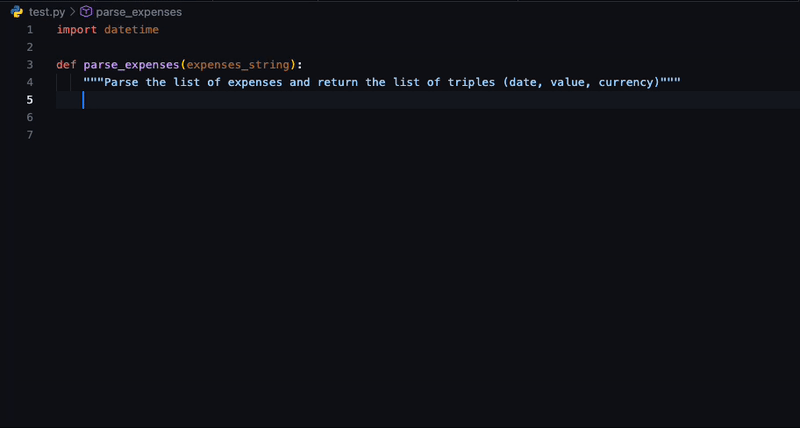Code assistant solutions are tools or software applications that assist developers while writing and editing code. Code assistant solutions have gained widespread usage recently due to their high importance. Experiments and research initiatives are being conducted globally to advance this field. These Code assistant solutions are built upon LLMs. Some Code assistant solutions are GitHub Copilot, TabNine, IntelliCode, etc. They deliver strong productivity boosts. These platforms substantially enhance productivity, offering contextually relevant code suggestions and completions. Their influence is contributing to significant efficiency improvements in software development processes.
However, this is an issue with using these Code assistants as using these assistants exposes the codebase to a third party. The codebase is disclosed to third parties both during training as well as during inference as fine-tuned Code LLMs are likely to leak code from their training dataset during inference. SafeCoder allows customers to learn the process of creating and updating their models and keeping control of their AI capabilities.
Consequently, Hugging Face researchers have thoroughly studied these code assistant solutions and formulated a method called SafeCoder to help customers build their own Code LLMs. This method involves fine-tuning the model on their private codebase, utilizing cutting-edge open models and libraries. Importantly, this process allows customers to maintain their code’s confidentiality by avoiding sharing with Hugging Face or external entities. A core principle of SafeCoder is that the customer’s internal codebase will never be accessible to any third party (including Hugging Face) during training or inference. The code remains confined within the Virtual Private Cloud (VPC) throughout training and inference, ensuring its integrity.
StarCoder has undergone training with a robust 15 billion parameters, incorporating code optimization techniques. The integration of Flash Attention further elevates the model’s efficiency, allowing it to encompass the context of 8,192 tokens. It is trained in over 80 programming languages and offers state-of-the-art performance on multiple benchmarks.
Researchers started engaging with an optional training phase to provide user-specific code suggestions. The Hugging Face team collaborated closely with the customer’s team, providing step-by-step guidance for curating and constructing a training dataset. This process extends to crafting a personalized code generation model via fine-tuning, all while ensuring the utmost privacy.
During the deployment phase of SafeCoder, customers take charge by implementing containers provided by Hugging Face onto their infrastructure. These containers are configured to align with the customer’s specific hardware setup, encompassing options such as NVIDIA GPUs, AMD Instinct GPUs, Intel Xeon CPUs, AWS Inferentia2, or Habana Gaudi accelerators. Upon deployment and activation of SafeCoder’s endpoints within the customer’s VPC, developers can integrate compatible SafeCoder IDE plugins. This integration allows developers to receive real-time code suggestions while they work.
In the future, SafeCoder may offer other similarly commercially permissible open-source models built upon ethically sourced and transparent datasets as the base LLM available for fine-tuning.
Check out the Reference Article. All Credit For This Research Goes To the Researchers on This Project. Also, don’t forget to join our 29k+ ML SubReddit, 40k+ Facebook Community, Discord Channel, and Email Newsletter, where we share the latest AI research news, cool AI projects, and more.
If you like our work, please follow us on Twitter
![]()
Rachit Ranjan is a consulting intern at MarktechPost . He is currently pursuing his B.Tech from Indian Institute of Technology(IIT) Patna . He is actively shaping his career in the field of Artificial Intelligence and Data Science and is passionate and dedicated for exploring these fields.
Credit: Source link


Comments are closed.